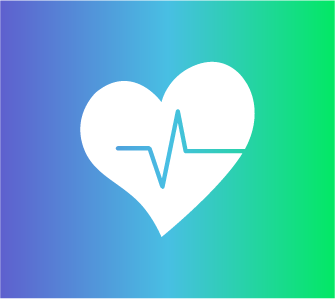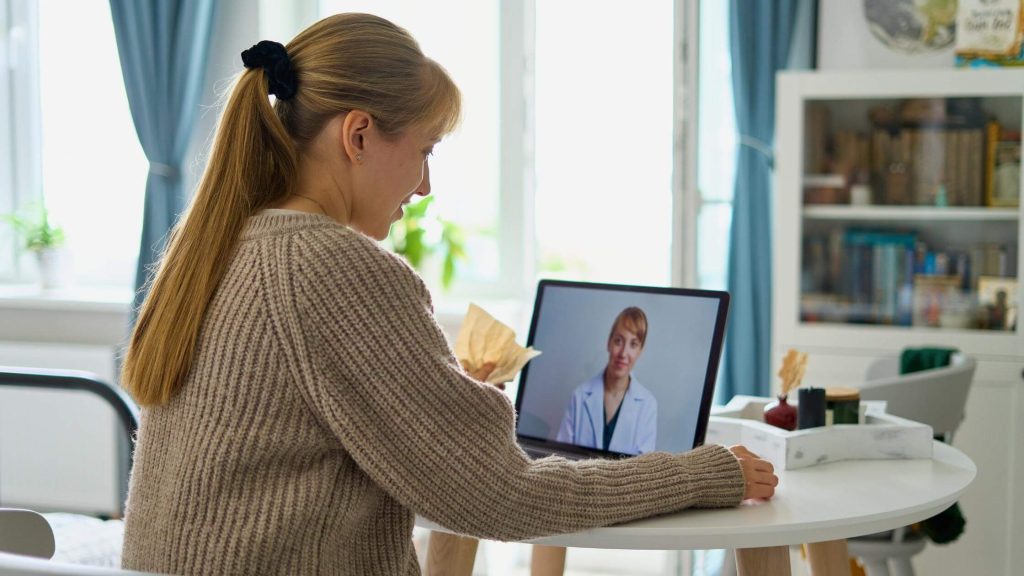Even five years ago, remote work for healthcare workers seemed impossible. Given the ongoing pandemic, remote healthcare hasn’t just become a reality — it’s a necessity in a variety of ways.
Physicians can address many conditions via telehealth, where patients can see their physician from the comfort of their homes. Likewise, telehealth professionals are now armed with the necessary tools to work remotely — dramatically improving patient-provider communication.
Remote work has positively impacted employees across many industries, which will remain true after the pandemic passes. For healthcare, from physicians to nurses to health coaches and more, remote work is a benefit that could not have come at a better time.
Remote Work Makes People Happier
One of the most significant advantages of remote work for healthcare comes by way of patient and provider feedback that it simply makes people happier. A study by Owl labs found that remote workers were 22% happier than workers in an onsite office environment. According to the study, remote workers had less stress, were more focused, and had an overall better work-life balance than onsite workers.
Remote access to healthcare also delivers benefits for patients. Most people don’t like going to the doctor’s office — it’s a point of stress for many people. With telehealth, patients can address concerns in a comforting environment in a way that is just as effective as an in-office visit. This is also especially helpful for older people or people with mobility challenges who may not be able to make it to the doctor’s office on their own.
Healthcare professionals with telehealth can see more patients daily, providing more care to more people. Working from home as a healthcare professional can also help with the critical work-life balance that so many physicians and nurses struggle to achieve. It’s a win-win situation for everyone, and it’s far more accessible.
Benefits for Professionals and Specialties
When it comes to healthcare professionals and specialists, one of the major benefits of remote work is making them more productive.
According to one recent study, about 22.5% of people said they are more productive when working remotely than in an office. A lot of this is likely due to the traditional functions of a working environment — you chat with colleagues, there’s excess noise and other distractions, or you may get pulled aside for questions., While distractions may still be present at home, you have more control over them and can focus on the priority tasks at hand.
Additionally, remote workers can be more productive without a commute because they have more time for the things they enjoy, like family and hobbies, meaning they have a better quality of life. When we feel better, we work better.
With telehealth, not having to commute is beneficial for patients and physicians. A patient can login for their appointment from their home, be diagnosed or advised, logout, and get back to their day, and the professional can move on to the next patient. For a patient, instead of needing to take several hours or an entire day off from work or other responsibilities to get to a doctor, they can have their appointment over their lunch break.
Tips for Setting Up Remote Work for Healthcare
There are a few best practices to keep in mind for setting up remote work for healthcare.
First, the platform needs to be as easily accessible as possible. Keep in mind that most practices see a wide range of patients. Not all of them are technologically savvy, so whatever format you choose needs to be easy to set up on behalf of the patient and easy to interact with once appointments begin.
Another aspect of remote healthcare is your setup. Beyond the right technology, it’s important to put care into your space, especially when patients will see your space in a video feed. Remove distractions from the room and make sure pets and family members can’t wander by — which can impact privacy requirements. A clean, professional, and welcoming background will make patients feel comfortable and confident for their virtual appointment.
It’s safe to say that telehealth isn’t going anywhere and is the future of healthcare. For patients and healthcare workers alike, this is a huge benefit as healthcare takes advantage of technology in the 21st century.
If you’d like to get started with telehealth or learn more about telehealth for your practice, we’d love to connect! ViTel offers an off-the-shelf telehealth solution for practitioners and custom telehealth platform development, so your platform meets the exact needs of you, your staff, and your patients.







